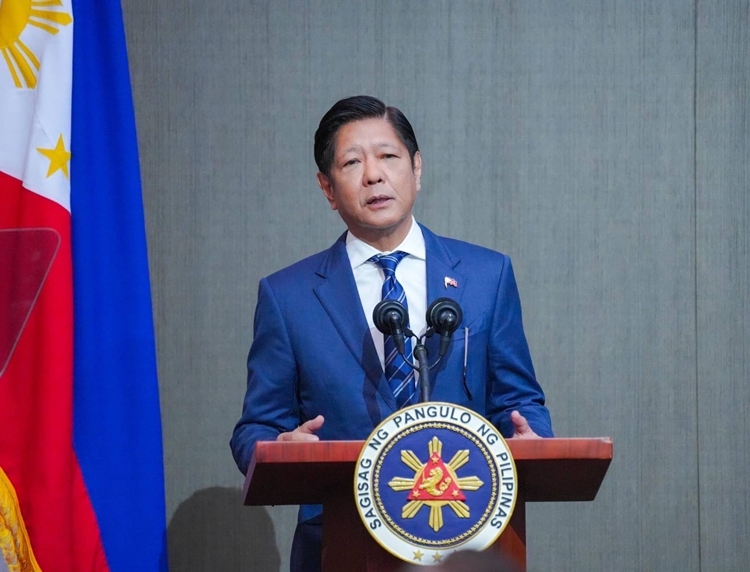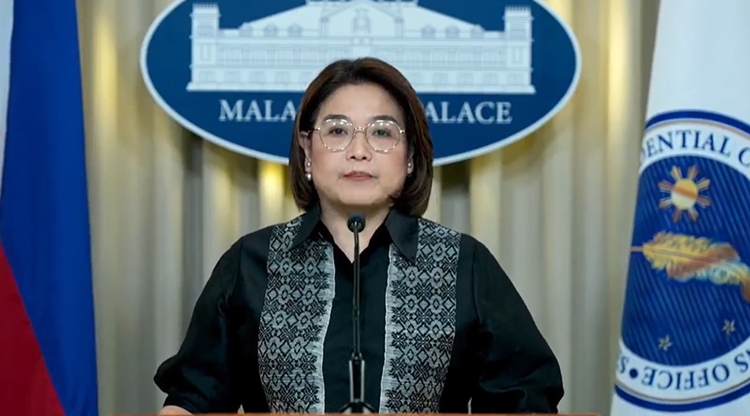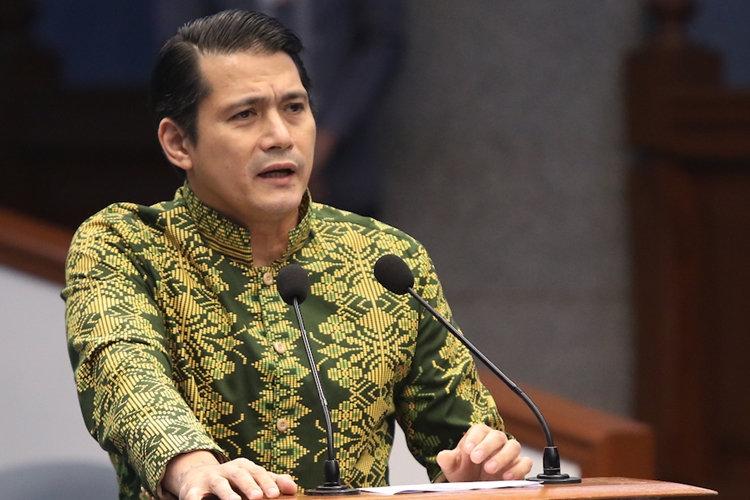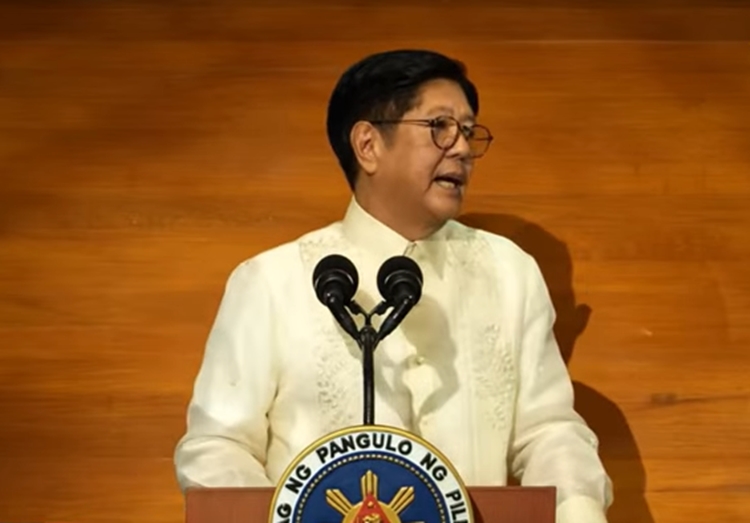Sen. Robin Padilla Wants Congress Members Prohibited from Identification, Budgeting of Local Infra Projects
ROBIN PADILLA – The Minority Senator filed the “Mahiya Naman Kayo Act” as he wants to bar the Congress’ participation in local infrastructure projects.
Currently, budget deliberations are ongoing in the Senate and the House of Representatives. While the lawmakers are tackling the budget proposals of the different government offices and departments, the country is also facing a huge corruption issue — the flood control mess. Amid the issue, Pres. Bongbong Marcos previously stressed that the 2026 proposed national budget really needs to be cleaned out properly. He stressed that there are still insertions.

The remarks of the President came after claims that the National Expenditure Program allegedly contains items that require budget allocations for projects that are already completed. Malacañang previously reacted to the claims about some items in the 2026 NEP explaining that the authorities still have to coordinate with the Department of Public Works and Highways (DPWH).

Amid the ongoing budget talks in the Senate and the House of Representatives, Sen. Robin Padilla filed the “Mahiya Naman Kayo Act” or the Senate Bill No. 1299. When translated, the name of the proposed measure means “have some shame”.
Based on a report on Inquirer, the bill filed by Sen. Padilla seeks to prohibit members of the Congress from participating in the identification and budgeting of the local infrastructure projects. According to the Minority Senator, his proposal is in line with the alleged influence of the members of the Congress in the identification and the prioritization of the infra projects in the local level.
“However, members of Congress have reportedly exerted influence over the identification and prioritization of infrastructure projects at the local level, often through informal channels or post-enactment budget insertions,” the Senator said.

The name of the proposed measure of Sen. Robin Padilla is the same line used by President Bongbong Marcos when he chided the corrupt officials of the government during his 4th State of the Nation Address. The Chief Executive took swipe at the corrupt officials saying they should be ashamed of their ill practices that cause the Filipino people’s suffering.

Sen. Robin Padilla said that the Congress members’ influence in the identification and prioritization of the local infrastructure projects supposedly “fosters patronage, reduces the efficiency of public spending, and increases the risk of corruption”. Through the Mahiya Naman Kayo Act, the members of the Congress should not:
- Initiate, identify, endorse, insert, or otherwise influence the selection or inclusion of local infrastructure projects in the annual national budget, whether during or after budget preparation;
- Direct or suggest to any government agency or local government unit the implementation of specific infrastructure projects using national funds in their districts or constituencies;
- Intervene in the procurement process, award of contracts, appointment of key personnel involved in procurement and infrastructure projects, or disbursement of public funds relating to local infrastructure projects; and
- Act as contractors, suppliers, project implementers, or intermediaries for the same for local infrastructure projects.
Based on the report, in the proposed measure of Sen. Robin Padilla, any member of the Congress who will violate the law’s provisions will be subject to the following penalties:
- Censure or suspension by the respective House of Congress upon the recommendation of the ethics committee;
- Administrative sanctions under applicable laws and regulations;
- Criminal prosecution if acts constitute violations of the Anti-Graft and Corrupt Practices Act (Republic Act 3019), the Code of Conduct and Ethical Standards for Public Officials and Employees (R.A. 6713), or other penal laws.
Amid the flood control mess in the Philippines now, Pres. Bongbong Marcos ordered a sweeping review of the proposed budget of the Department of Public Works and Highways. Following the review, the DPWH cut their proposed budget by P255 billion and wants the slashed funds reallocated to other sectors.
